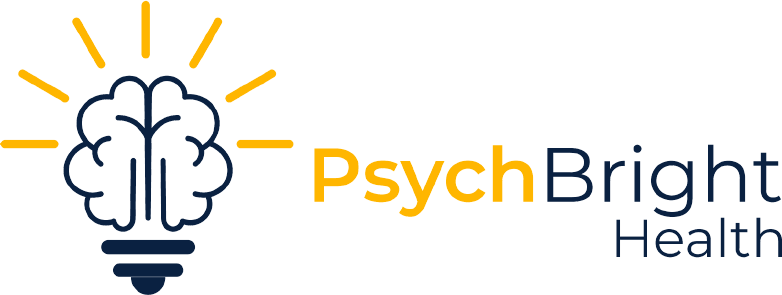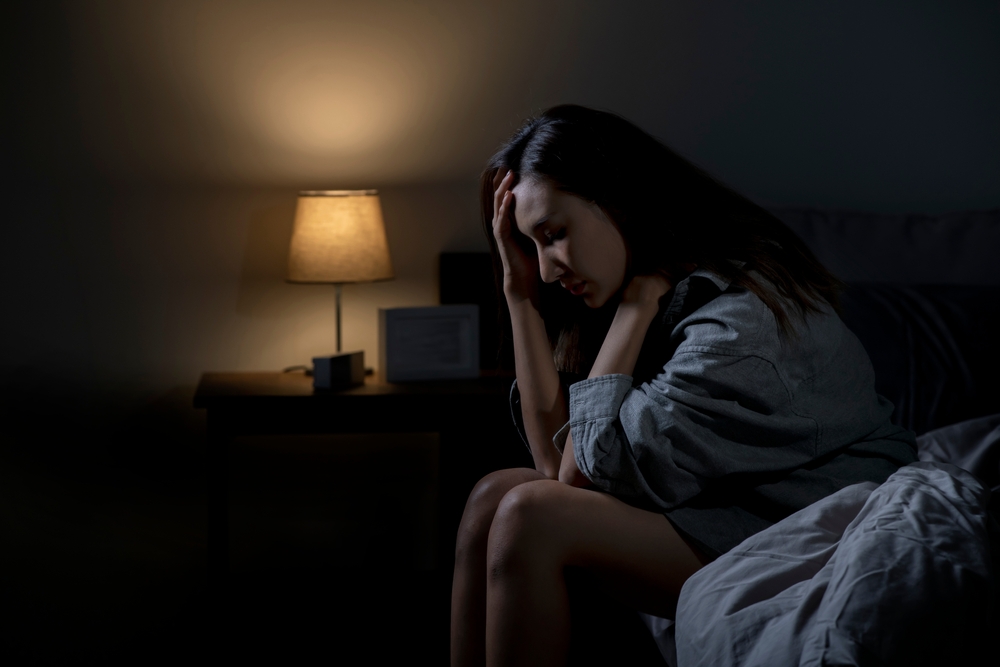When you think about opioid addiction, it’s essential to understand that it’s a complex, relapsing disease characterized by a compulsive urge to use opioids, despite harmful consequences. You may know someone who’s grappling with this issue or perhaps you’re facing it yourself. Each person’s journey to recovery is unique, and what works for one individual may not work for another. It’s important to remain open to various treatment options and to find a plan that addresses your specific needs.
The Different Types of Opioids
Opioids are not a monolith; they come in various forms, and each has its own potential for addiction and abuse. The most common prescription opioids you might encounter include Oxycodone (OxyContin) and Hydrocodone (Vicodin). These are typically prescribed for pain relief but have high potential for addiction when not used as directed by a healthcare professional.
Fentanyl is driving a new wave of opioid overdoses because of its high potency and because they are often mixed with other drugs, leading to unintentional ingestion. The danger of fentanyl lies in its ability to quickly suppress breathing, which is the primary cause of overdose deaths. A dose as small as two milligrams, equivalent to a few grains of table salt, can be fatal for a person without a tolerance to opioids.
Signs and Symptoms of Opioid Addiction
Recognizing the signs and symptoms of opioid addiction is critical in seeking help early. The symptoms can be broadly categorized into physical, psychological, and behavioral changes. Physically, you may notice increased tolerance to opioids, withdrawal symptoms when not using the drug, and a persistent desire to use opioids despite physical issues.
Psychologically, opioid addiction can manifest as anxiety, irritability, depression, and mood swings. A key sign is using opioids to cope with psychological distress instead of for their intended purpose, such as pain relief.
Behaviorally, look for changes like neglecting responsibilities at home or work, withdrawing from social activities, or engaging in risky behaviors.
MAT: What is Medication-Assisted Treatment?
Medication-assisted treatment (MAT) is a holistic approach to treating opioid addiction that combines medications such as Buprenorphine (Suboxone, Subtex), and Naltrexone (Vivitrol) with counseling and behavioral therapies.
The medications used in MAT work in different ways. Some, like Buprenorphine, help reduce cravings and withdrawal symptoms, while others, like Naltrexone, block the euphoric effects of opioids. This combination of medication and therapy can help you regain a more stable and productive life.
MAT has been clinically proven to reduce the need for inpatient detoxification services for individuals with opioid addiction. It’s important to understand that MAT is not replacing one drug with another but is a therapeutic tool to aid recovery when used correctly as part of a comprehensive treatment strategy.
The Use of Narcan in Reversing Overdose
Narcan, also known by its generic name Naloxone, is a life-saving medication that can reverse an opioid overdose. It works by quickly displacing opioids from the receptors in the brain, temporarily reversing their effects, particularly the life-threatening depression of the respiratory system.
The use of Narcan also underscores the need for immediate medical attention in the case of an overdose. While Narcan can buy crucial time by restoring breathing, it is not a substitute for medical care, and anyone who has experienced an overdose should seek emergency medical attention as soon as possible.
Overcoming Opioid Addiction
Overcoming opioid addiction is a challenging but achievable goal. It requires a comprehensive approach that includes medication-assisted treatment, counseling, and support from friends, family, and healthcare professionals. Recovery is a journey, not a destination. However, each day you are free from opioids is a victory.
If you or someone you love is struggling with opioid addiction or for further guidance on treatment options, reach out to PsychBright Health at our office in Los Angeles, California. Call (213) 584-2331 to schedule an appointment today.


